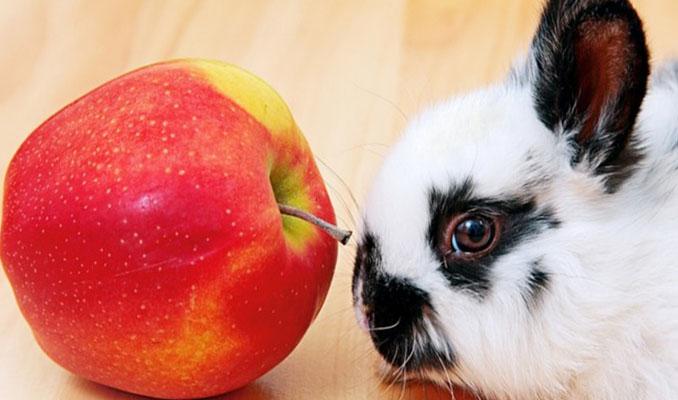Fruits can be a nutritious and tasty addition to a rabbit’s diet, but it’s important to offer them in moderation. Rabbits are herbivores and require a diet high in fibre, so fruits should never replace their staple foods, such as hay and fresh vegetables.
When choosing fruits for your rabbit, it’s best to stick to those with a high fibre content and low sugar content. Some good options include apples, berries, papaya, and kiwi. These fruits can be offered as occasional treats or used to add variety to your rabbit’s diet.
It’s important to remember that rabbits have sensitive digestive systems, so introducing new foods gradually is essential. Offer small amounts of fruit at first and observe your rabbit for any signs of digestive upset, such as soft stool or loss of appetite.
Overall, fruits can be a healthy and enjoyable addition to your rabbit’s diet when offered in moderation and with care. Always consult with your veterinarian about your rabbit’s specific dietary needs and restrictions.
here are some additional fruits that can be offered to rabbits in moderation
- Bananas: A good source of potassium and vitamin C, but high in sugar. Offer in small amounts as an occasional treat.
- Grapes: High in sugar and should be offered in moderation. Can be frozen and used as a refreshing treat in hot weather.
- Melons: A good source of hydration, vitamins A and C, and low in calories. Offer in small amounts and remove seeds.
- Pineapple: Contains bromelain, an enzyme that can help with digestion. Offer in moderation as it is high in sugar.
It’s important to note that some fruits, such as citrus fruits, can cause digestive upset in rabbits and should be avoided. Additionally, fruits with pits, such as cherries and peaches, should be avoided as the pits can be a choking hazard and toxic to rabbits.
When feeding fruits to rabbits, it’s important to consider their overall diet and lifestyle. A diet high in sugar and low in fibre can lead to obesity and dental problems in rabbits. Fruits should always be offered as a treat and not as a staple food.
In addition to a balanced diet, rabbits also require daily exercise, mental stimulation, and regular veterinary check-ups to maintain their health and well-being.
Here are some additional points to consider when offering fruits to rabbits
- Always wash fruits thoroughly before offering them to your rabbit to remove any pesticides or dirt that may be present.
- Remove any seeds or pits from fruits, as they can be a choking hazard or contain toxins that are harmful to rabbits.
- Offer fruits in small amounts, as too much sugar can disrupt the delicate balance of bacteria in a rabbit’s gut and lead to digestive issues.
- Introduce new fruits slowly and in small amounts to avoid digestive upset. If your rabbit shows any signs of discomfort, stop offering the fruit and consult with your veterinarian.
- If your rabbit is overweight or has a history of dental problems, it’s best to limit or avoid fruits altogether and focus on offering high-fibre hay and vegetables instead.
- Always consult with your veterinarian before making any changes to your rabbit’s diet, as they can provide guidance on your rabbit’s specific nutritional needs and any health concerns to watch out for.
Remember, while fruits can be a nutritious and tasty addition to a rabbit’s diet, they should be offered in moderation and as part of a well-balanced diet. With care and attention to your rabbit’s individual needs, you can provide a healthy and enjoyable diet for your furry friend.
